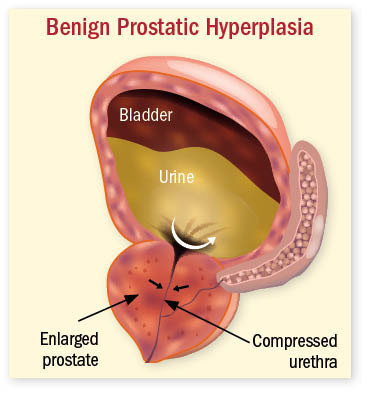
Counting steps is good — is combining steps and heart rate better?

Appendix pain: Could it be appendicitis?

Can saw palmetto treat an enlarged prostate?

How does Ozempic work? Understanding GLP-1s for diabetes, weight loss, and beyond

Zinc: What it does for the body, and the best food sources

Respiratory health harms often follow flooding: Taking these steps can help

Tips to leverage neuroplasticity to maintain cognitive fitness as you age

Can white noise really help you sleep better?

Celiac disease: Exploring four myths

What is prostatitis and how is it treated?
Medications Archive
Articles
Help for erectile dysfunction
Why people faint: From common to very rare causes
Right-sizing opioid prescriptions after surgery
It's common for doctors to prescribe opioid pain medications for their patients after surgery; however, prescribing large numbers of pills increases the possibility of dependence and overdose. Writing prescriptions for smaller quantities of pills while still monitoring people's pain is one way to reduce the likelihood that a person develops a problem.
Nicotine addiction explained — and how medications can help
Addiction is now understood to be a neurological disorder that results from changes to the brain's reward center caused by addictive substances. Ideally, treatment for nicotine addiction combines medication to suppress cravings with counseling to help patients reprogram their behavior.
A new Alzheimer's drug has been approved. But should you take it?
Ask the doctor: Which antidepressants have anticholinergic effects?
An article in your April issue, ?Common drugs linked to dementia,? states that anticholinergics are used to treat depression. I wasn?t aware of this. Which types of anticholinergics are used for depression?
A new treatment for advanced prostate cancer improves survival in phase 3 clinical trial
Steps to treating an enlarged prostate
Chronic inflammation and your joints
Autoimmune conditions and heart disease

Counting steps is good — is combining steps and heart rate better?

Appendix pain: Could it be appendicitis?

Can saw palmetto treat an enlarged prostate?

How does Ozempic work? Understanding GLP-1s for diabetes, weight loss, and beyond

Zinc: What it does for the body, and the best food sources

Respiratory health harms often follow flooding: Taking these steps can help

Tips to leverage neuroplasticity to maintain cognitive fitness as you age

Can white noise really help you sleep better?

Celiac disease: Exploring four myths

What is prostatitis and how is it treated?
Free Healthbeat Signup
Get the latest in health news delivered to your inbox!
Sign Up











